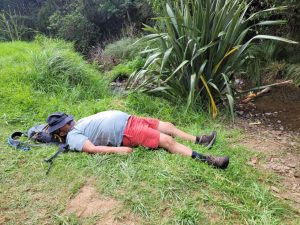The Ministry of Health has updated its advice around possible reinfection with COVID-19 within 90 days of a previous infection, in light of evidence that reinfections can occur earlier than 90 days.
The new advice states that if a person develops new COVID-19 symptoms, and it has been 29 days or more since their previous infection, it is possible that it is a reinfection with, and they should take a rapid antigen test (RAT).
This is a change from previous advice, which was that people should not re-test if they had tested positive for COVID-19 within the past 90 days.
What this may mean for you:
The change of advice will affect people with symptoms, where they may have contracted COVID-19 again. People with symptoms will already be staying at home and recovering.
It means where more COVID-19 reinfections have been identified, then these infected workers will need to self-isolate for seven days.
The rules for household contacts haven’t changed. They can go to work if they’ve had COVID-19 in the past 90 days, or they have completed isolation as a household in the last 10 days. They don’t need to stay home unless they become symptomatic themselves.
Employees can use their sick leave entitlements, which increased from 5 to 10 days per year last year. If paid sick leave is not available, employers are encouraged to offer their staff paid special leave. Alternatively, an employer and employee may agree that other leave – such as annual leave or unpaid leave – is taken.
The COVID-19 Leave Support Scheme continues to be available to employers, including self-employed people, to help pay any of their people who are self-isolating because and unable to work. Employers can reapply for Leave Support if an employee (or themselves if they’re self-employed) gets COVID-19 again and has too self-isolate.





